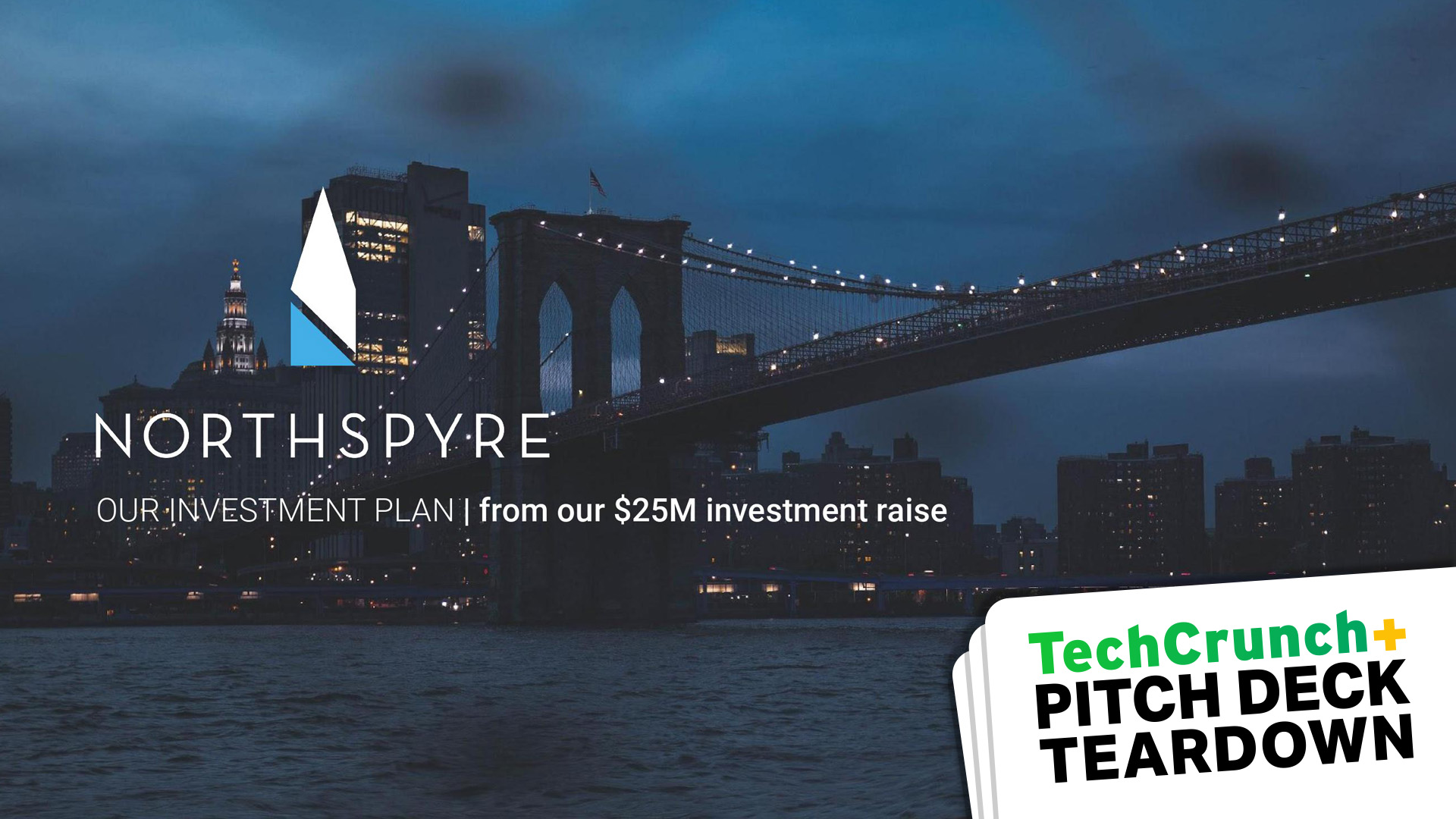The expense involved in recruiting, training and onboarding a new employee who turns out to be a poor fit could be equivalent to 50% of that person’s first-year salary.
According to Anastasiia Kuzmenko, head of talent acquisition at Flyer One Ventures, “the biggest difference between hiring in a healthy economy and hiring now is that there’s no room for mistakes.”
Hiring the wrong person can create a cascade of failures inside an early-stage startup, which is why she recommends that founders focus on three essential metrics to “adopt a more data-driven approach:”
Full TechCrunch+ articles are only available to members
Use discount code TCPLUSROUNDUP to save 20% off a one- or two-year subscription
- Cost per hire
- Time to hire
- Employee turnover rate
In her article, Kuzmenko shares formulas for calculating each metric, along with tactical advice for setting benchmarks and helping managers stay attuned to employee morale.
Thanks for reading,
Walter Thompson
Editorial Manager, TechCrunch+
@yourprotagonist
How to build a sales development representative strategy that will fill your B2B pipeline

Image Credits: kampee patisena (opens in a new window) / Getty Images
Marketing teams deserve all of the credit for crafting innovative campaigns that break through the noise: Convincing someone to try out a new product or service takes real skill!
In practice, however, sales development representatives (SDRs) do most of the work required to land new customers, “making cold calls, writing email outreach, or sending outbound mail,” says GTM strategist Mike Tong.
Because it takes “about 15 touches for a prospect to want to see a demo,” Tong authored a TC+ guide for CEOs who need guidance around hiring and incentivizing SDR teams.
“Pipeline generation at early-stage companies is expensive and time consuming, often more so than the sales process itself. That said, getting it right is likely the most important thing you can do for your business.”
YC’s winter class is oozing with AI companies

Image Credits: Getty Images
In a move that reminds me of servers in chain restaurants who’ve been ordered to wear flair pins, 34% of the fledgling startups in Y Combinator’s latest class say “that they are an AI company or use AI in some kind of way,” reports Rebecca Szkutak.
“You can’t blame the YC companies for leaning into AI,” she writes. “If you saw VCs dumping dollars — in a tougher fundraising market, no less — into a technology like AI that you could implement into your own business, why wouldn’t you?”
6 VCs explain why embedded insurance isn’t the only hot opportunity in insurtech

Image Credits: Lightspring (opens in a new window) / Shutterstock (opens in a new window)
Now that consumers can hedge their bets against everything from canceled flights to dropping a new cell phone, embedded insurance is having a moment.
Even so, several VCs who are active in the space told Anna Heim that other insurtech startups can still make inroads if “they can build a sustainable business model.”
For our latest investor survey, she asked the following investors about where the sector is headed, whether ChatGPT might impact the industry and how Apple’s potential foray into health insurance is shaping their thinking:
- Florian Graillot, founding partner, astorya.vc
- Hélène Falchier, partner, Portage
- Stephen Brittain and Robert Lumley, directors and co-founders, Insurtech Gateway
- Nina Mayer, principal, Earlybird
- David Wechsler, insurtech lead investor, OMERS Ventures
Pitch Deck Teardown: Northspyre’s $25 million Series B deck

Image Credits: Northspyre (opens in a new window)
Last month, proptech startup Northspyre raised a $25 million Series B led by Charles River Ventures.
The company, which helps developers manage commercial real estate projects, shared its winning pitch deck with Haje Jan Kamps after “it removed a few of the most financially sensitive slides:”
- Cover slide
- Problem slide 1
- Problem slide 2
- Product slide
- Market size slide
- Solution slide
- Value proposition slide
- KPI slide (marked as “financials” slide)
- “The ask” slide
- Team slide
- User testimonials slide
- Financing history slide
- Thank you and contact slide
Ask Sophie: What to do if selected/not selected in H-1B lottery?

Image Credits: Bryce Durbin/TechCrunch
Dear Sophie,
After three tries, I was finally selected this year in the H-1B lottery! What do we do next?
— Wondering Winner
Dear Sophie,
I’m on STEM OPT. My employer put me in this year’s H-1B lottery for the third time, but I wasn’t selected again! What do I do?
— Lottery Loser
Credit: Source link


Comments are closed.